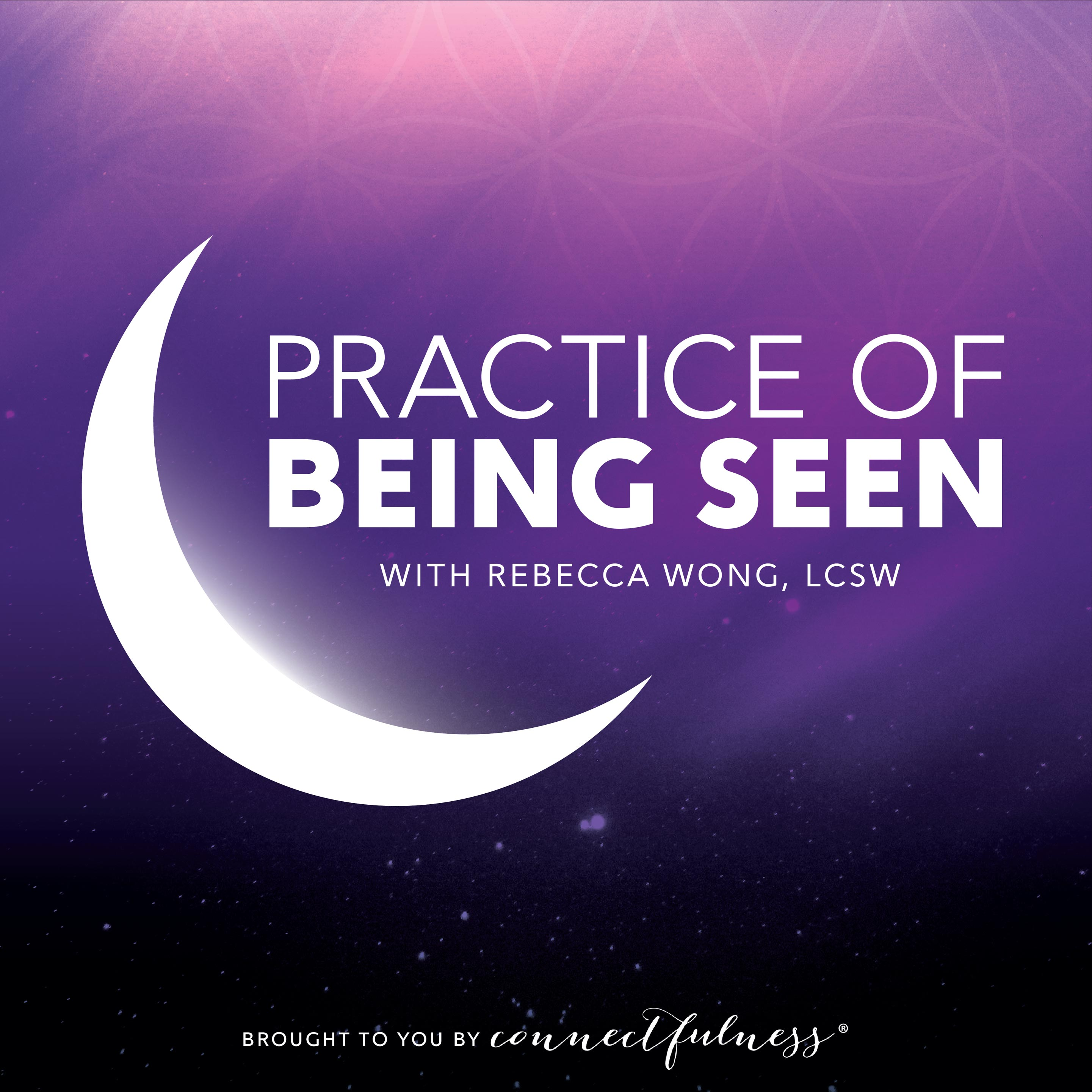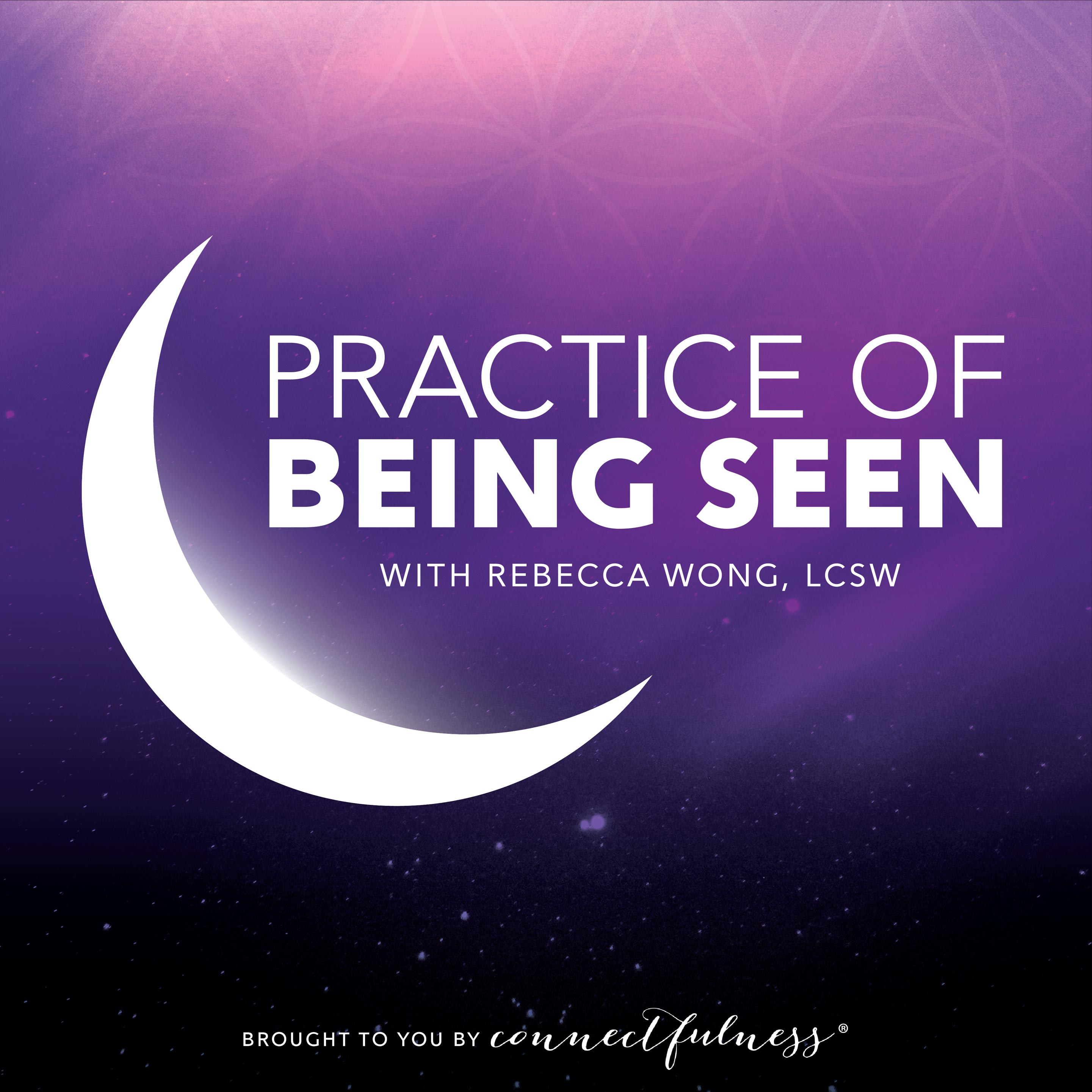Beth Luwandi Lofstrom: The Gentle Benevolent Observer
If you were to ask a room full of people whether or not they’ve ever cheated on a partner or have been cheated on by a partner, you’d likely get every single person to say “yes” to one or the other, if not both. Affairs are such a common thing in intimate relationships. And, so profoundly painful--certainly for the partner who was betrayed by the affair, but also, according to this week’s guest Beth Luwandi Lofstrom, for the offender.
When we cheat, it has a way of really getting at the core of who we are. We think we know ourselves and where our boundaries lie, but this thing we never thought we’d do has us questioning everything. Often, by the end of it, we just want peace.
Beth Luwandi Lofstrom has developed her own theory and methodology for working with couples who have experienced an affair and it may go against the usual grain. As therapists, we of course come into the room with our own biases about infidelity. Those biases don’t often tend toward understanding of the offender. And according to Beth, therapists are often focusing on the wrong things in our work with couples working through infidelity.
In this episode, we discuss:
- The problem with our usual labels for the person who has the affair in a relationship and what Beth prefers to call them.
- Why it’s so important that the offending partner is healed properly and why integration doesn’t go deep enough.
- Why ‘Why’ is the wrong question to work through in the clinical space and what we should ask instead.
- Beth’s theory, Whole Human Theory, what it means, and how it informs the work she does with couples.
- Why the mind-body connection is lacking and how it leaves one third of the population out of the conversation.
- The Gentle Benevolent Observer as the highest part of a person, what it is and why it is often underdeveloped.
- The differences between good couples counseling and poor couples counseling.
- Beth’s upcoming book, who it’s for and what it intends to do.
- Whether humans truly are not wired for monogamy and how Robert Sternberg’s Triangular Theory of Love applies to this question.
- The role of “the snake” in the Gentle Benevolent Observer’s existence.
Referenced in this episode:
Enneagram Personality Typology
[Graphic depicting Holistic Human Parts Theory:]
Esther Perel’s Mating in Captivity
Robert Sternberg’s Triangular Theory of Love
You can find Beth Luwandi Lofstrom online at BethLuwandi.com. And Beth's new book After the Affair; Healing for the offender will be available later this month; you can find it on her new site wholehumantheory.com. You can also connect with Beth on Facebook, Instagram and Twitter.
Are you a part of the #POBScast Community? If not, join us. Let’s continue the conversation about this and other favorite episodes there.
If you’re looking for a unique, experiential gift to give your partner this holiday season, consider this upcoming Valentine’s Retreat I’m co-leading at Menla Mountain Resort.


